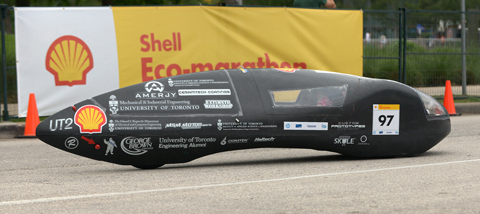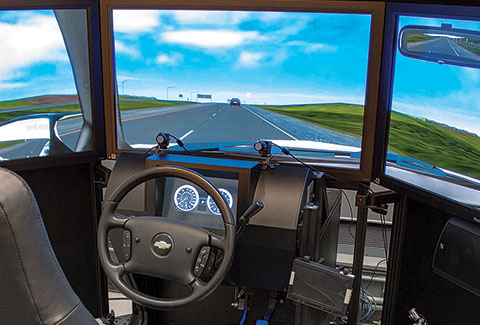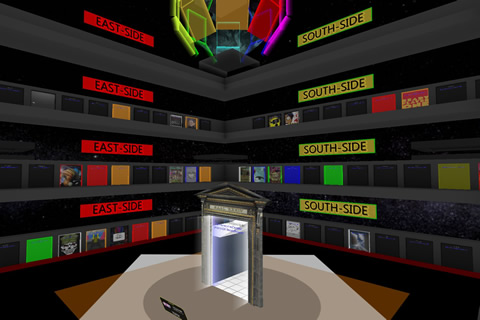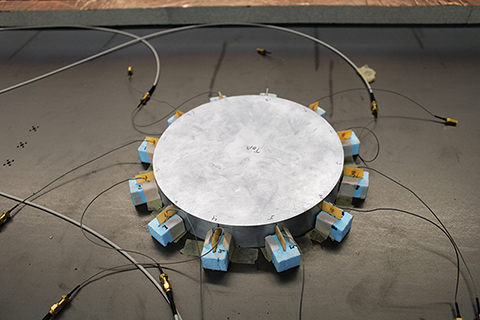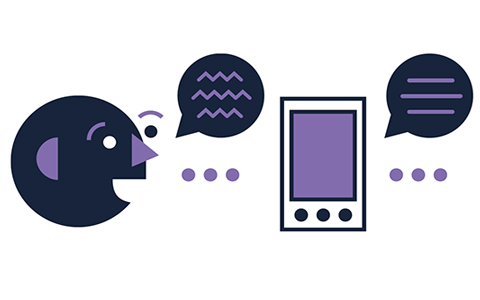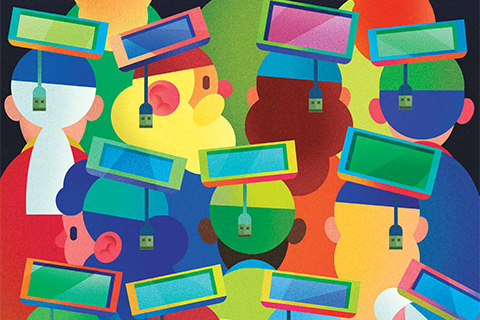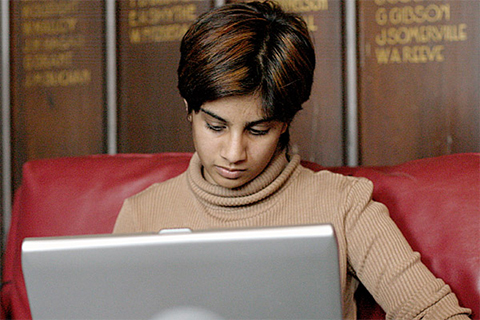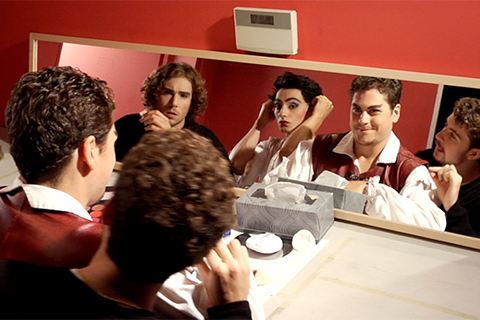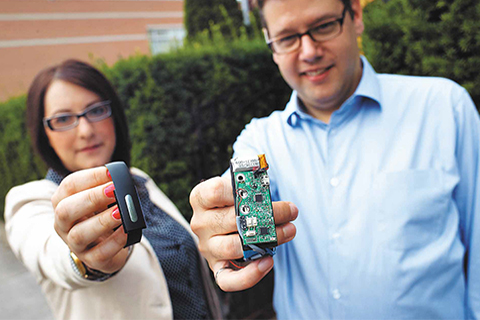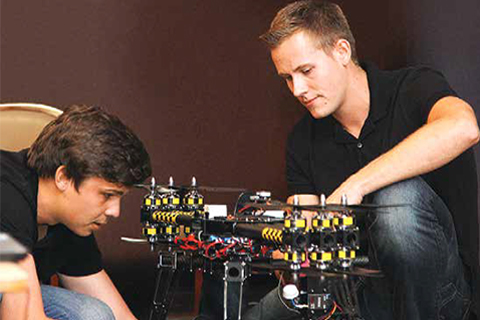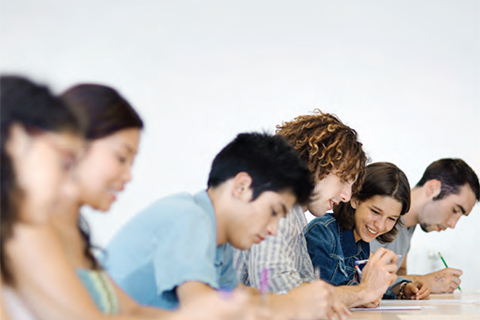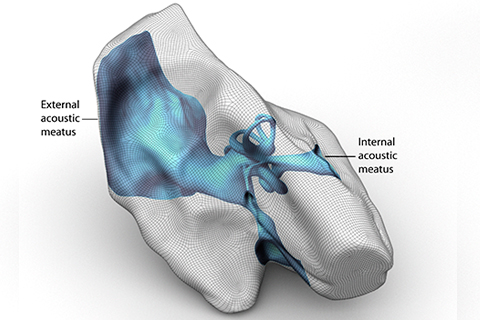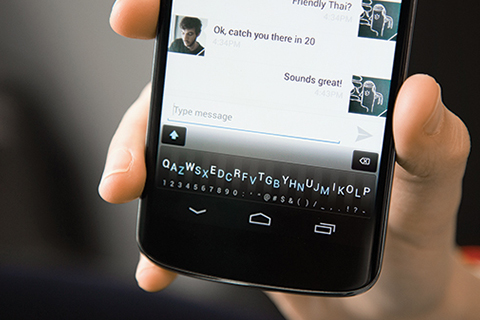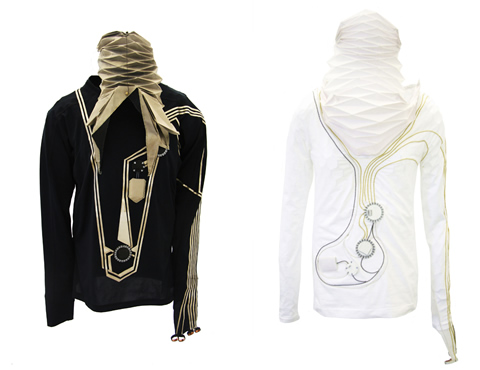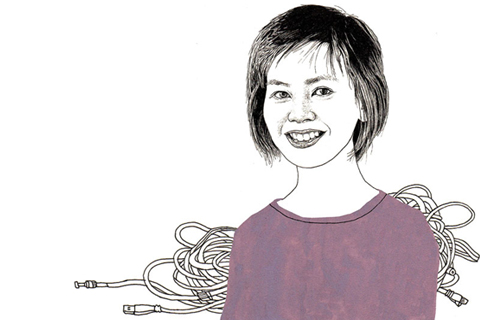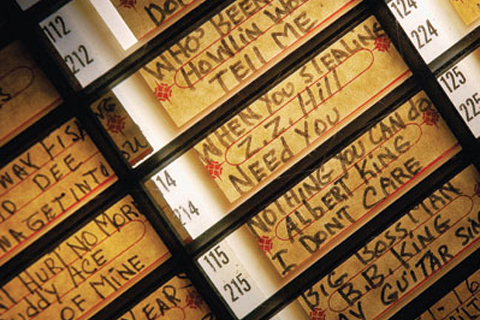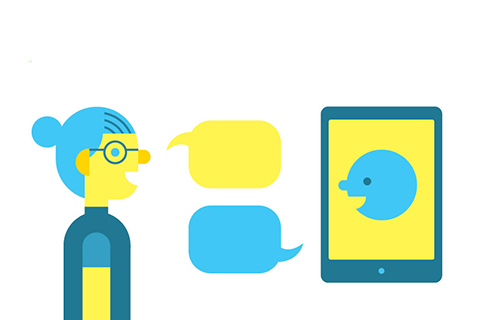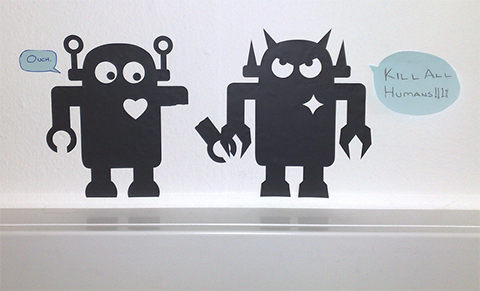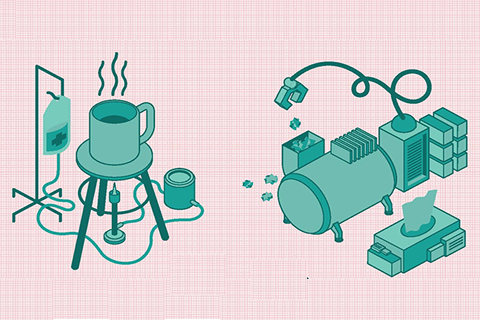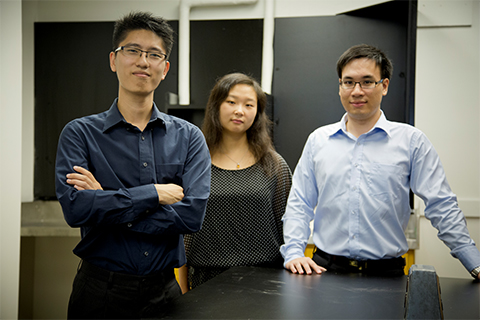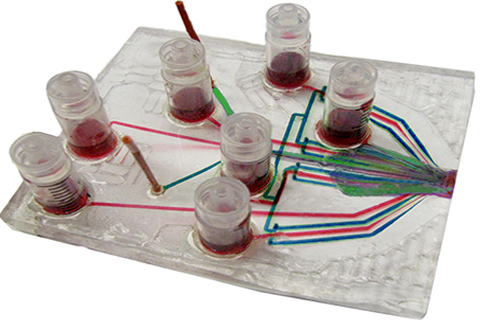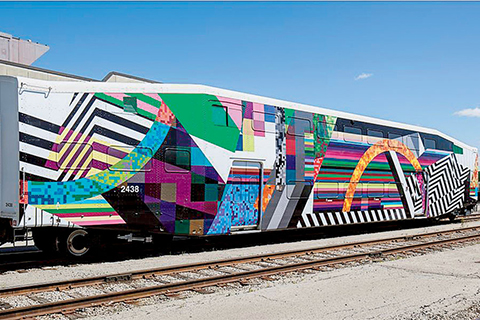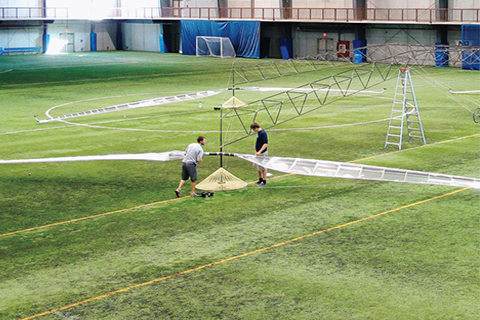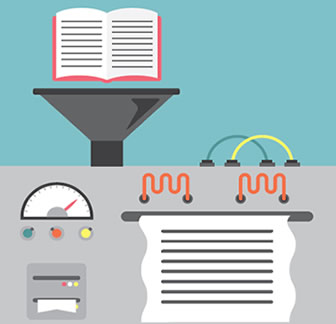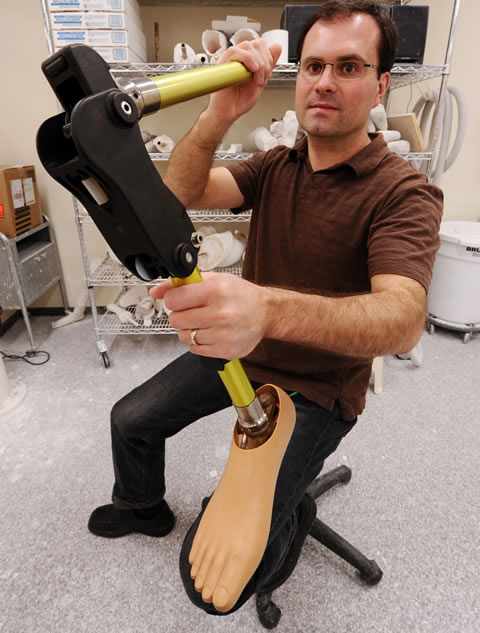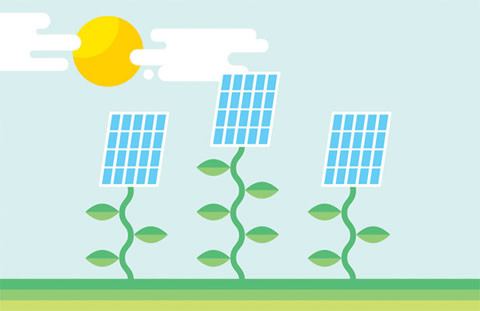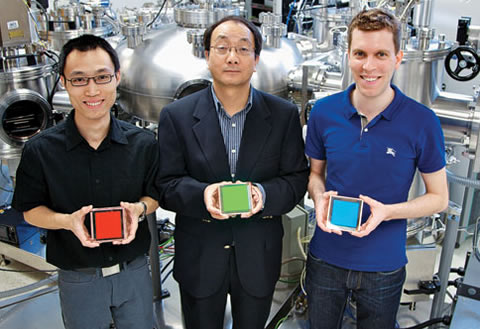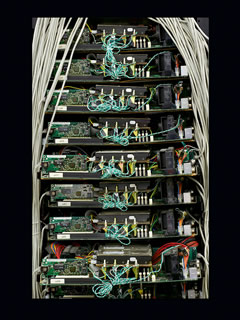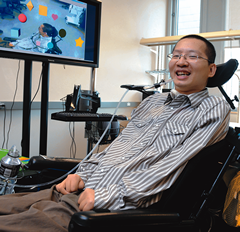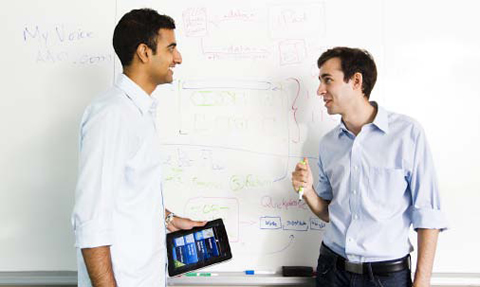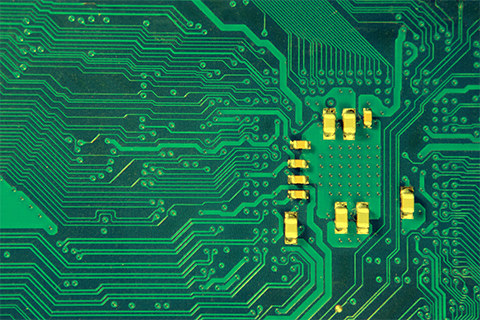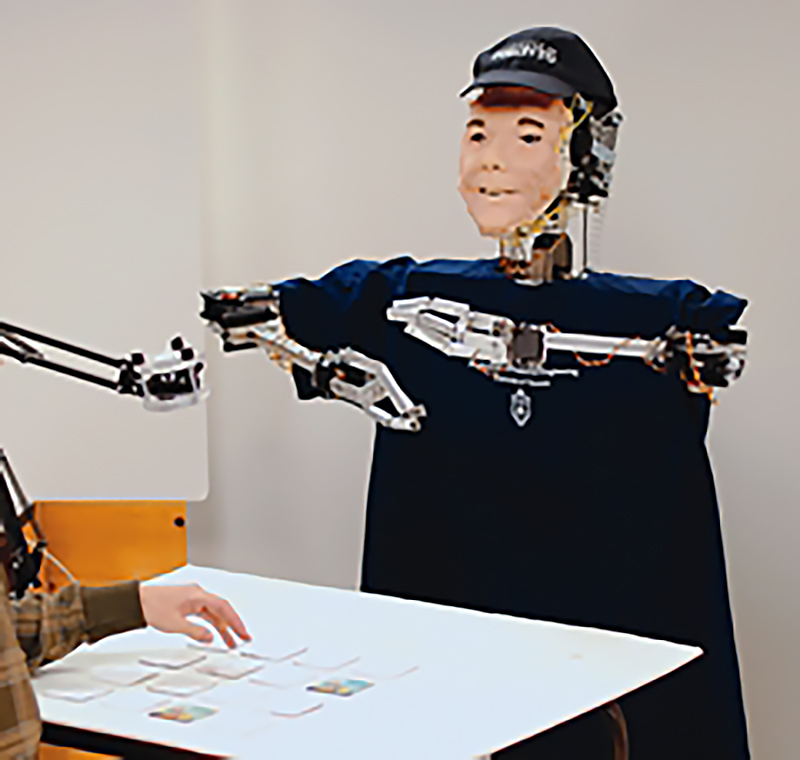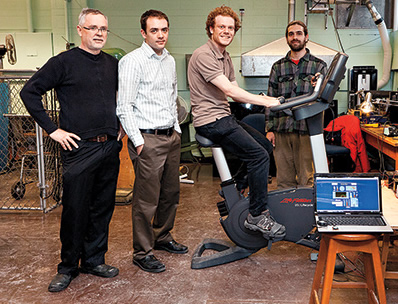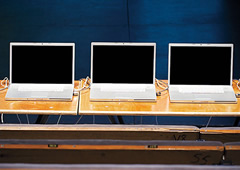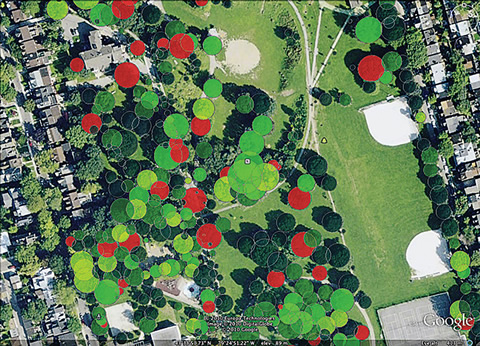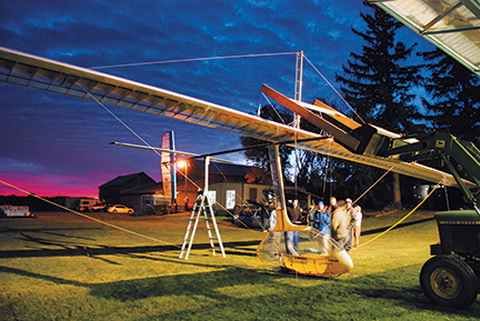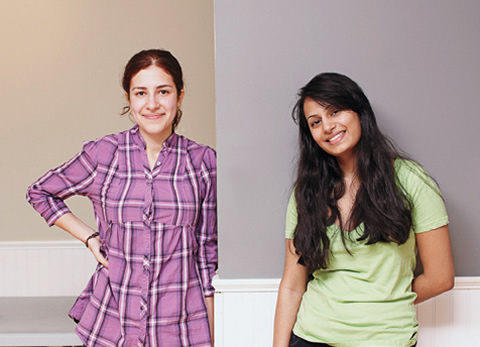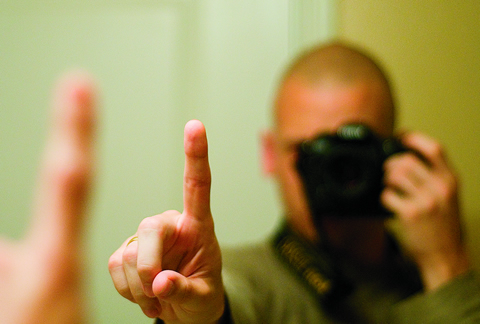Detecting the DTs
New app helps physicians diagnose alcohol withdrawal – and can tell when someone is faking it Read More
New app helps physicians diagnose alcohol withdrawal – and can tell when someone is faking it Read More
U of T engineering students place second in international competition to create most fuel-efficient car Read More
Five intriguing technologies that could change your life by 2025 Read More
A U of T prof is using a simulator to test how to keep drivers off their smartphones -- and focused on the road Read More
Micro device developed at U of T could dramatically boost IVF’s effectiveness Read More
A computer science grad reimagines two-dimensional web pages as 3-D virtual worlds Read More
Invisibility appears possible as researchers use an electromagnetic field to hide objects Read More
New software will help people with speech problems be more clearly understood Read More
Child psychologist Jillian Roberts creates an age-appropriate way to educate children aged four to eight about their bodies Read More
Online courses are big, bold and potentially game-changing for higher education Read More
U of T has offered nine MOOCs since September 2012 Read More
A PhD student hopes video will spice up Shakespeare for high school readers Read More
Tired of typing in passwords? A new device can identify you by your unique cardiac rhythm Read More
Remote-controlled drone makes aerial cinematography much faster and cheaper Read More
You’ve heard of crowdfunding. With crowdmarking, a U of T prof hopes to change how students are evaluated Read More
A learning tool that combines gaming software, 3-D modelling and a CT scan could change how students learn anatomy Read More
An intelligent transportation system could reduce wait times at traffic lights in Toronto by more than half Read More
Three grads have developed an LED that uses a fraction of the electricity of other light bulbs Read More
As devices get smaller, a U of T company has created a keyboard that makes typing easier while using less screen space Read More
Architecture grad student Stacie Vos has developed a "smart" shirt that can detect germs and protect its wearer from them Read More
Joyce Poon is developing optical devices that could make computers vastly more powerful and a whole lot faster Read More
UTM entrepreneurs win $2,500 for their eJuked app Read More
Vote Compass helps citizens sort one politician’s views from another’s. Now, municipal voters will get to try it Read More
Understand and speak Mandarin? If not, a computer may soon do it for you Read More
Tired of having her name mispronounced, Ritu Bhasin developed an app to address the problem Read More
Could the machines we create one day destroy us? Read More
Science students get a month-long crash course in turning an idea into a viable business at U of T’s “Techno” program Read More
Three Techno participants share the vision for their companies Read More
Coursera brings online learning to the masses Read More
As we become inseparable from our mobile devices, the risk of identity theft is growing Read More
Machine-made skin being developed at U of T may be safer, faster and cheaper than traditional grafts Read More
U of T’s Knowledge Media Design Institute challenges its students to use media to raise awareness Read More
Security cameras are everywhere. A new app invites Torontonians to help map them Read More
How does one build a human-powered helicopter? Read More
What can a computer reveal about a work of fiction? Plenty, it seems Read More
The simple, inexpensive device matches the function of far more costly technology Read More
The challenge to improve online dating Read More
From X-rays to MRI Read More
A blueprint for an “artificial leaf” could lead to solar cells that generate a lot more power Read More
Thinner, more flexible displays could radically change how we use and experience computers Read More
A new kind of aircraft could fly 1,000 km powered only by the sunlight that shines on its back Read More
A University of Toronto lab is harnessing computers to make life better as we age Read More
Software developed at U of T can compose music in classical, pop or jazz styles – and as a solo or an ensemble of different instruments Read More
“Computers” have assisted humans through history Read More
Master’s student Eric Wan helped develop software that allows anyone, including people with severe physical disabilities, to make music Read More
Student-developed app helps people with speech problems express themselves – at a fraction of the cost of other devices Read More
Advances in technology are bringing us robots that can interact naturally with humans Read More
A new way of peering inside teeth could find lesions before they become cavities and eliminate the need for “drilling and filling” Read More
Why not use exercise bikes to supply electricity back to the grid? Read More
For almost half a century, computer chips have doubled in power every 18 months. But this may not hold true for much longer, says Eugene Fiume Read More
"Neighbourwoods" uses Google Earth to share info about the health of city trees Read More
Dating at university is supposed to be easy. But many of today’s U of T students find campus romance elusive. Enter Love@UofT, a new online matchmaker Read More
A U of T engineering student has become the first ever to fly a human-powered “ornithopter” Read More
A new U of T service helps students avoid Codomesticus noxious Read More
U of T engineers help the TTC uncover counterfeit tokens Read More
U of T libraries and bookstore adapt to the iPad era Read More
Architecture prof's Arctic designs include proposed Russia-Alaska rail link Read More
Physicist John Rowlands has invented a way to deliver high-quality X-rays at a fraction of the regular cost Read More
Explore



